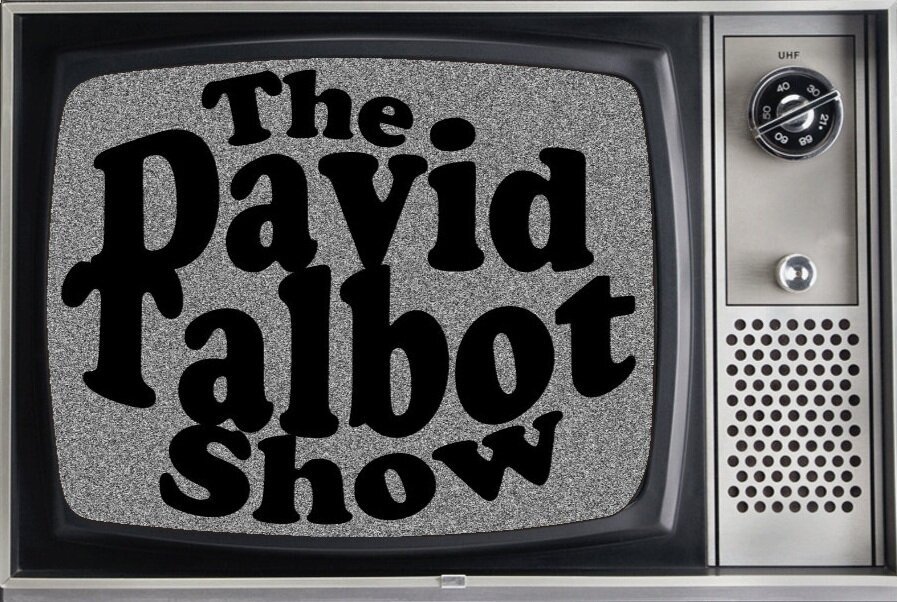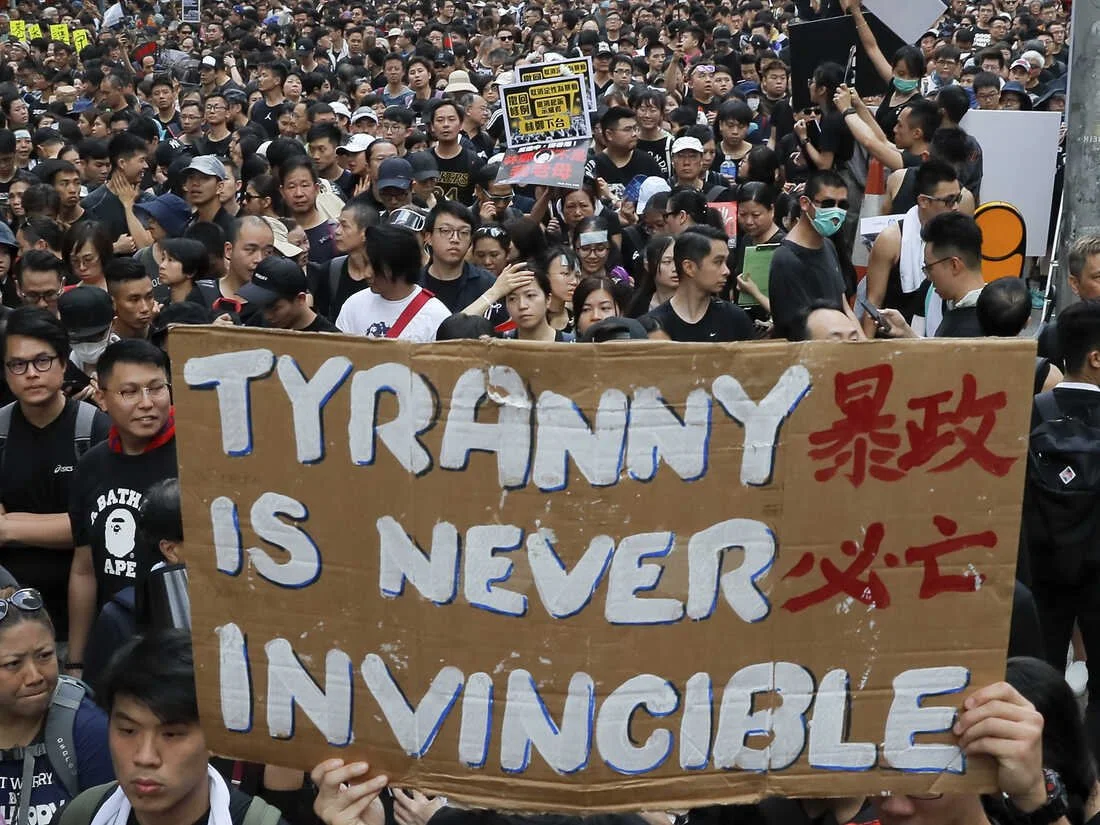Free the Free Press
“Tyranny is Never Invincible” So said the Hong Kong protest sign... except it often (usually) is. That's the melancholy realization that hangs over Lawrence Osborne's new novel, On Java Road, set in Hong Kong during the recent, ill-fated, pro-democracy protests there. What chance do young demonstrators have against the authoritarian Goliath of China? What openings for free speech do dissidents have in Putin's Russia? How much diversity of opinion is there in the U.S. corporate media world, where moguls like WB-Discovery's David Zaslav (and his billionaire sponsor John Malone) now decides that CNN must get rid of outspoken hosts like Brian Stelter and replace him with more Republican talking heads?
This is not a review of Osborne's new novel -- I've read only about 100 pages so far (which I like a lot). Readers know that I'm a fan of Osborne's writing, and as usual I hurried to read his latest.
But I do want to share with you the following screed against the uniformity of information and opinion as delivered by Osborne's main character, Adrian Gyle (love the name), a disillusioned, alcoholic British correspondent in Hong Kong, who -- when not covering the street protests -- finds himself gravitating to the cynical world of old wealth personified by his college chum Jimmy Tang.
Osborne's rant mirrors my own bitter feelings about the "free press." Here goes:
We lied like everyone else. But we were absolutely certain that we didn't lie and we despised those whom we thought did.
The Chinese Communists at least understood that very clearly. Hence their contempt for journalism. I could never explain to them what the romance of it was. They had never seen "His Girl Friday." Even if they had seen it, what sense would thy make of it? But for us, the dinosaurs of my generation, who among us didn't want to be Walter Burns buzzing amid the clacking machines of The Morning Post?
As Jimmy had suggested, the once great romance of it was what made its current degradation so disillusioning. When I was forced to defend the same press to Jimmy's pro-Beijing friends, for example, I found myself sounding vague and uncertain about my own claims, my own purpose. "But Rachel Maddow and Brian Stelter are comical lunatics," they would say, looking at me wth merry eyes and waiting calmly for some sort of rebuttal on my part, having of course no idea who Cary Grant had been. And what was I supposed to say? No they aren't and all is well with the Republic?
From afar, in fact, I had watched the strange deterioration and debauching of the American media. It struck me that television journalists in particular no longer relayed anything of integrity. But print journalists were following the same downward trajectory as they sat under the table of the powerful in Washington and sucked up the crumbs, the leaks from "unnamed sources" thrown to them by the intelligence agencies that actually ran the show. It was how they monetized their product.
I had lost count of the number of retired spooks manning the desks of CNN,MSNBC, and NBC and talking in place of journalists, setting the terms of discourse until the two groups were curiously indistinguishable. Very few talked disrespectfully about the national security state. None gave off any whiff of actual courage.
The gap between ourselves and the Communists had narrowed and the journalist, after a period of being a romantic hero, had become what he had been all along, a hack, a hustler, a propagandist. Of course, as I knew only too well, Walter Burns had been all of those things.
... Thank you, Mr. Osborne, for the unflattering mirror.
“

